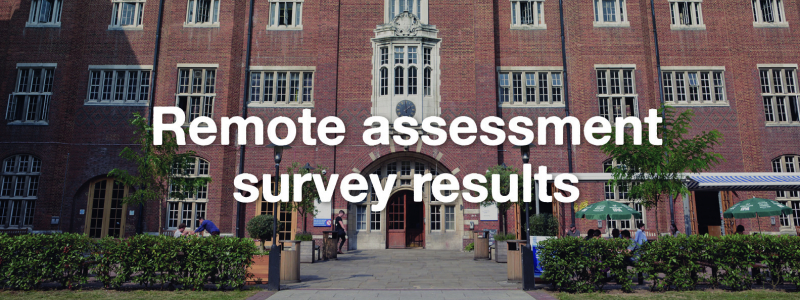The Wellbeing Representation Network: Then and Now
The launch of the Wellbeing Representation Network (WBRN) was one of our biggest accomplishments this year. Unique in the United Kingdom, we set up a network of volunteers to engage the College directly on issues affecting student wellbeing. We wanted to make our campaigning and negotiating more coherent – supporting brilliant and passionate students and, for the first time, offering a new opportunity for real collective bargaining for issues affecting students’ wellbeing.
What’s it for? (And why aren’t they welfare reps?)
- The network takes a holistic approach to wellbeing
- These volunteers are not mental health first aiders (MHFAs)
The new network also gives students a chance to raise issues beyond poor feedback or late lecture notes. New student staff committee/ student staff liaison group structures give students a better way to open a dialogue with the College on issues like health, finance, and discrimination, find solutions for the issues affecting them, and remind the College of its responsibility in supporting students. While all of these issues relate to ‘welfare’, it was important to make the network’s purpose as clear as possible – especially at the start, when gaining buy-in from stakeholders. We chose the word wellbeing to break away from some of the connotations welfare might have had, and show we weren’t just thinking about mental health. While mental health is clearly a massive issue at university, making sure that our volunteers looked after themselves was a serious concern.
It’s an unpleasant and difficult experience to see your friends and peers struggle and feel powerless to help, but the best thing the network and its volunteers can do to help is not to try to step in to provide that missing support. This network of 80 volunteers is designed to evidence the need for more support, to fight for their university experience. The representatives’ role is just that – to represent their peers, and signpost them to the relevant support – not to try to offer that support themselves. It is important that reps feel confident and supported in their roles, and not obliged to be MHFAs, or reach beyond their abilities. Our volunteers have excelled in their roles, and done extremely well to manage this responsibility, with close support from Union staff throughout the year.
Impact
We’ve already had a tremendous impact in shaping the way the College supports its students. Our reps have pressed for progress at every opportunity, changed the way support like Imperial Student Space is advertised, built a sense of community by creating inclusive events in collaboration with (and funded by) their departments, and made improvements to the student at a local level. With a new group of willing and capable recruits available, we’ve seen new and impressive efforts to raise awareness, such as ICSMSU’s efforts to educate about the mystery of student finance in fifth and sixth year, or the impact of how we present ourselves online.
We’ve made excellent progress this year, but there’s still a long way to go. Embedding the ethos of the student support strategy we fought for – “student wellbeing is everyone’s responsibility” – breaks brave new ground. We must continue to shout about student wellbeing, to make sure that supporting its students is a priority for the College, and one which is taken seriously. We’re forcing the discussion, based on our reps’ work, but need to do more to break down persistent stigmas. Why, for example, are only 20% of the counselling service’s users international students, when they represent one third of the student population? How best can we support postgraduate students in the future, who also face significant challenges, but for whom this cohort-based network isn’t such good fit?
Your Union
I’m very proud of what the Union has achieved here. We’ve managed to take a concept – amplifying the student voice for non-academic concerns – and turned it into something powerful, working collaboratively with stakeholders from all levels at Imperial to make it a success. We’ve been working to fulfil our strategic objectives at every stage – Your Support, Your Voice, Your Development and Your Union. We’ve trained and supported each one of these volunteers, invested in their development, and worked together to see that pay dividends, changing the culture across the institution.
Here’s to the biggest expansion in representation the Union has ever made. Here’s to putting your welfare first. Here’s to you and your Union.




